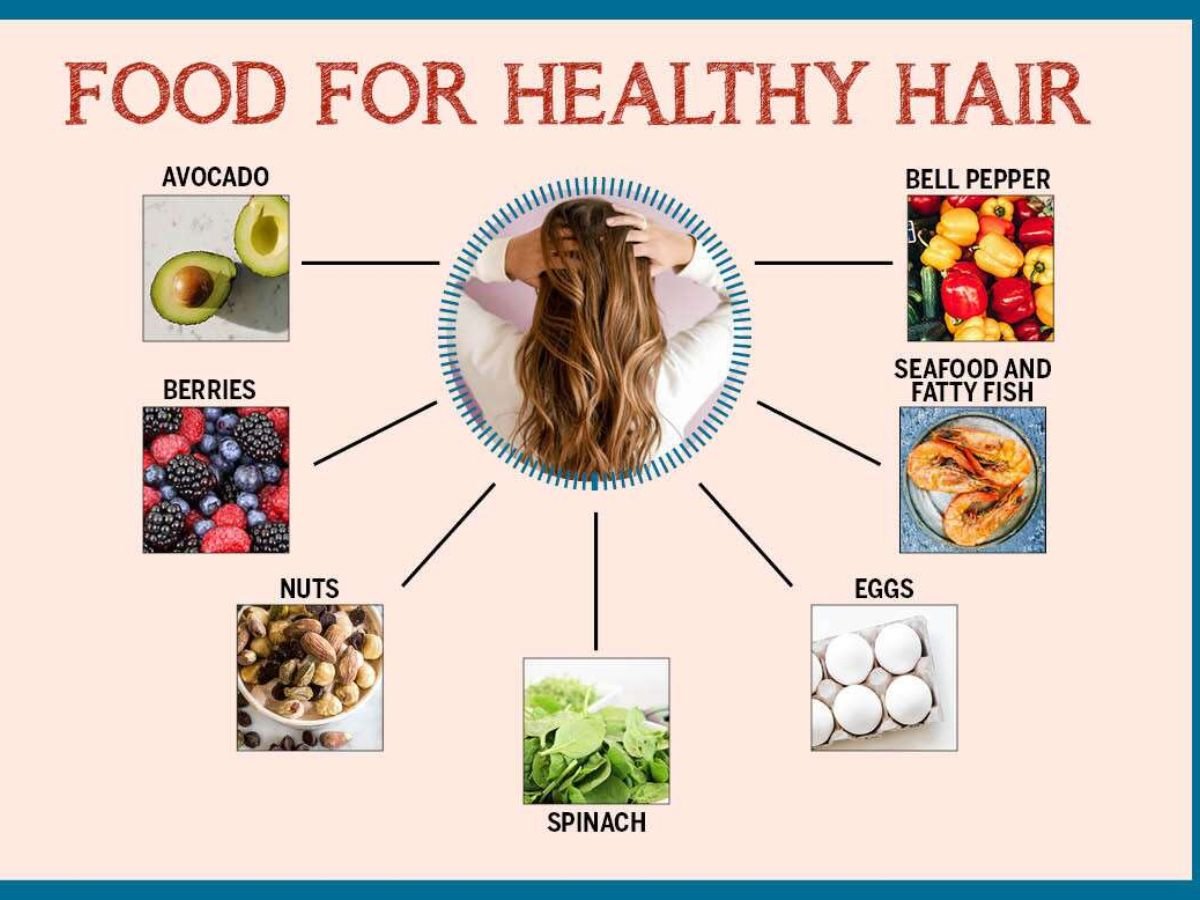This winter and spring, Columbia Basin youth ages 14 to 18 had the opportunity to participate in a virtual Climate Action Forum in February and a follow-up Food and Climate Action Workshop in March.
The goal was to connect with, learn about, and be inspired by the numerous climate action opportunities and pathways. To participate, 80 people gathered at their local youth networks and then tuned in to the online event.
The Basin Youth Network, which Columbia Basin Trust launched in 2016 to help communities in the region increase local activities and opportunities for youth, allowing them to learn new skills and engage with each other and their communities, made the event possible.
The forums addressed issues such as fostering climate dialogue, Indigenous clean energy, how businesses can address climate action, and how research and data can inform actions to support climate justice.
There were five presenters from across Canada, including Leeza Perehudoff from Castlegar, who is a graduate student at Selkirk College doing rural resilience research.

Perehudoff was impressed by the youth’s eagerness to contribute to the virtual chat.
“They reflected on humans and different demographics like seniors and youth, as well as how different disturbances like flood and fire affect us all,” she said.
The forum’s youth organisers wanted to take it a step further, and they wanted Basin youth to come up with real-world climate action solutions for local situations. This occurred at the Food and Climate Action Workshop, which was hosted by Starfish, a non-profit organisation that connects young environmental leaders.
“It was all about food, food production, and food waste, and how that affects climate change,” says Mike Kent, Regional Coordinator for the Basin Youth Network. “We looked at different aspects of it in small groups and brainstormed potential solutions.”
The youth watched videos about food production challenges such as global land use, household waste and composting, soil health, and regional equitable practises. They discussed and debated dozens of ideas for optimising local land for healthy soil and food, promoting local food production, and improving the global food system.
“It was very inspiring for me to sit in on the Climate Action Forum and see how many young people in the Basin are involved in climate action,” Perehudoff said. “It felt like my message was heard because of their incredible engagement with the questions I posed to them,” says the author.







































